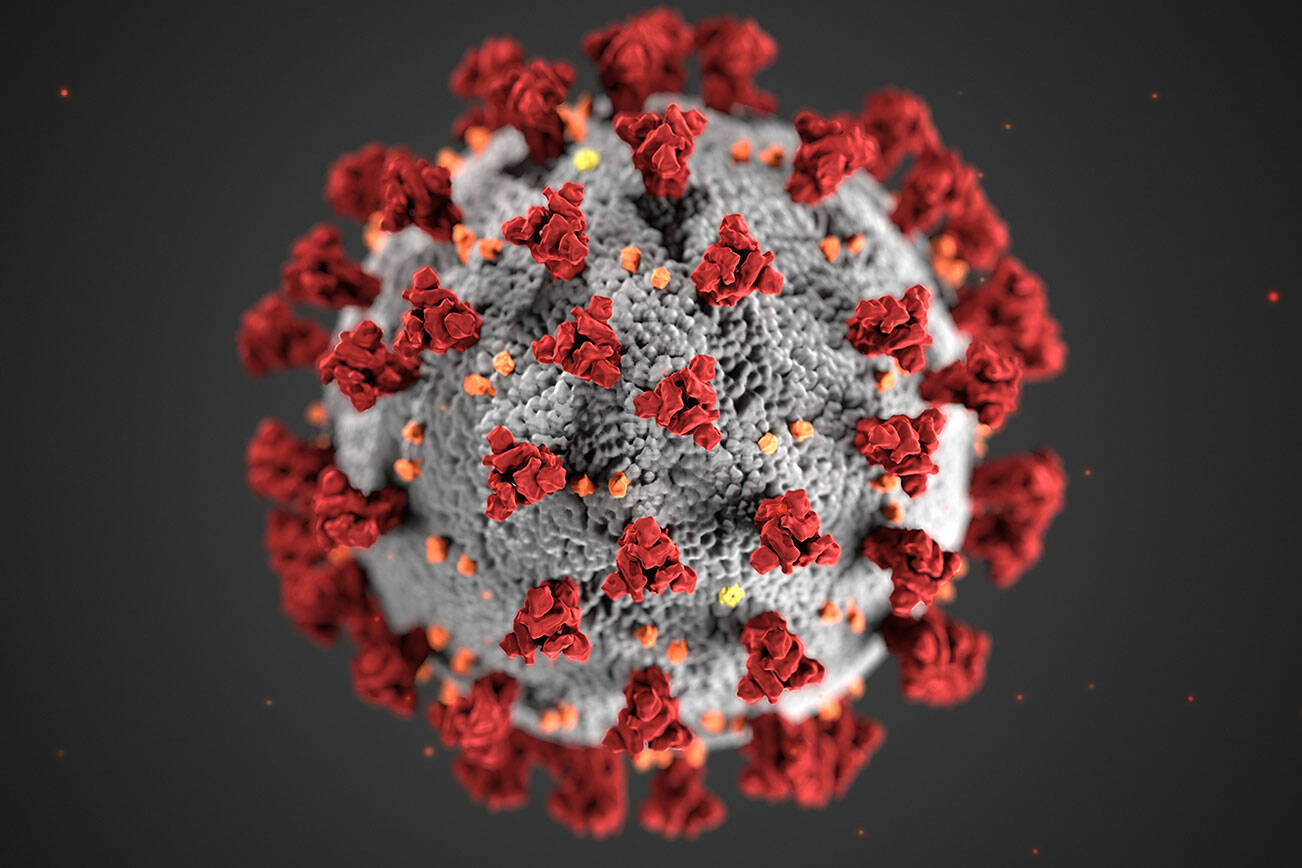The Public Health Emergency declared by the Secretary of the United States Department of Health in January 2020 is expected to expire on May 11.
An Epidemiology Bulletin published by the State Department of Health on Monday details the ways that access to COVID-19 vaccines, tests and treatments will or will not be changed following the emergency’s conclusion.
The emergency use approval given to things like the COVID-19 vaccines and other tests and treatments by the Food and Drug Administration will not be revoked as a result of the change.
Medicaid and Children’s Health Insurance Program coverage for tests, vaccines and treatments is also guaranteed by the American Rescue Plan Act until September 2024.
Vaccines will remain cost free for most, the bulletin says, though providers may begin to charge patients for their office visit or for administration of the vaccine. Vaccines will continue to be distributed by the federal government until their supplies are depleted, at which point vaccines will move to the commercial market.
Private insurers will no longer be required to cover tests and therapeutics. The bulletin says that coverage may continue if those plans choose to include it. Some treatments will continue to be distributed federally, similarly to vaccines, until supplies have been depleted.
For those uninsured, agreements between pharmacies and the Centers for Disease Control and Prevention will allow for continued no-cost testing, according to the bulletin, but the number of available locations may be reduced.
Medicaid beneficiaries enrolled in Part B will have coverage for laboratory tests for COVID-19 only when ordered by a provider. Medicaid will continue to cover treatments until September 2024.
Telehealth access is expected to remain largely unchanged, the bulletin says, as the Consolidated Appropriations Act of 2023 extended some pandemic-era flexibilities to the end of 2024.
The only major change described for telehealth is a potential shift in the way health care providers can dispense controlled substances via telemedicine without an in-person interaction, but the bulletin says that “forthcoming rulemaking might extend these flexibilities.”
National reporting of COVID-19 test results will no longer be required after the end of the emergency. Positive tests should continue to be reported to the Alaska Section of Epidemiology within two days, the bulletin says. Negative tests don’t need to be reported.
Reporting of transmission levels, hospitalization data and bed occupancy will also be either reduced or eliminated.
“Although the PHE is coming to an end, the [COVID-19] virus is still circulating and there will continue to be cases, hospitalizations, and deaths, resulting in the need to continue providing tests, vaccinations, and therapeutics for the foreseeable future,” the bulletin reads.
For more information about COVID-19 tests, vaccines and treatment in Alaska after the end of the public health emergency, visit https://health.alaska.gov/PHE.
Reach reporter Jake Dye at jacob.dye@peninsulaclarion.com.

